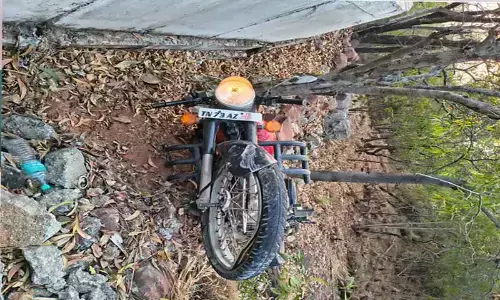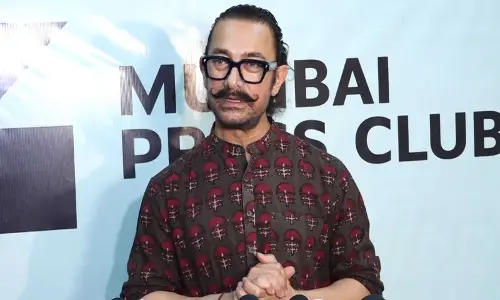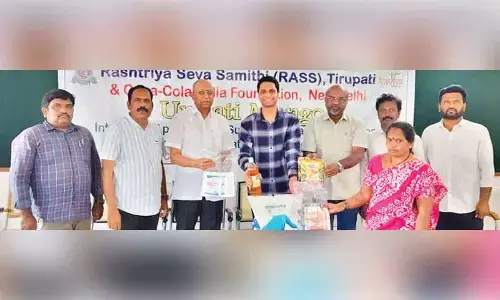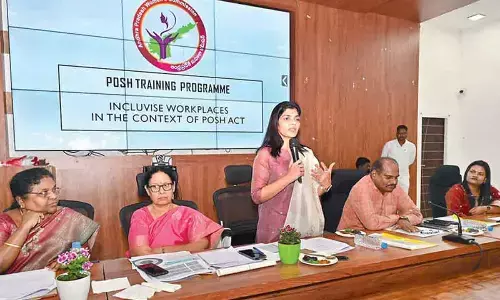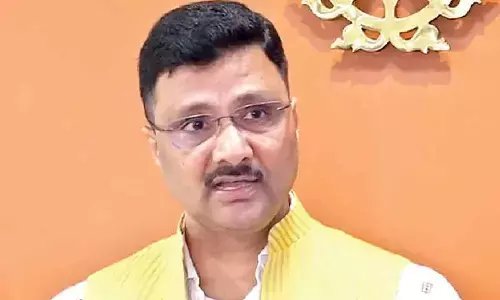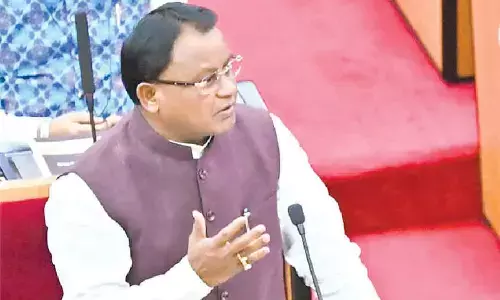Report on Covid highlights future pandemic risks
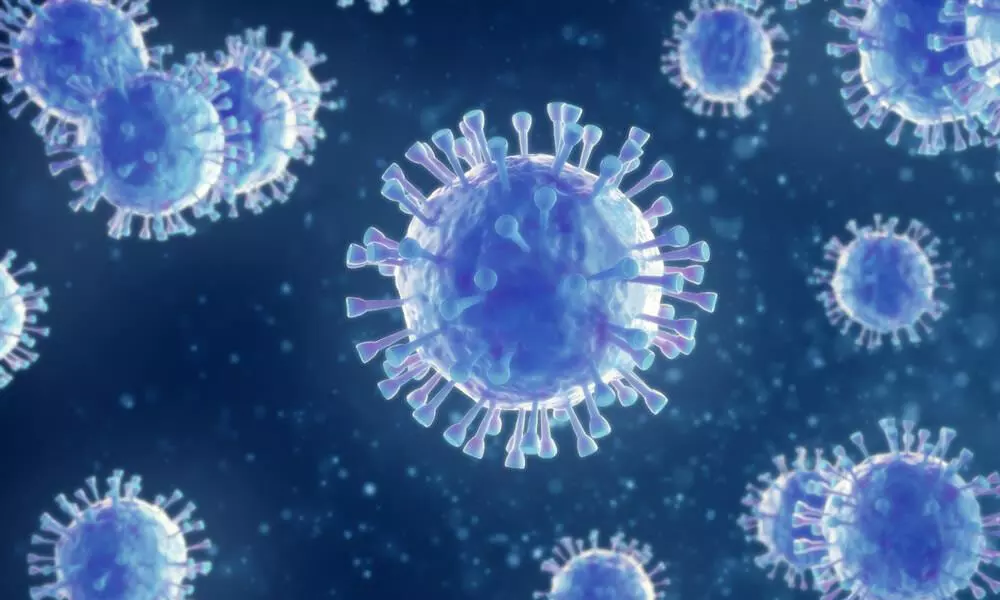
Report on Covid highlights future pandemic risks
The Independent Commission on Development and Health in India (ICDHI) in its report “Covid-19 Global & National Response: Lessons for the Future” highlighted the pandemic through two major sections- Global and National Response
Hyderabad: The Independent Commission on Development and Health in India (ICDHI) in its report "Covid-19 Global & National Response: Lessons for the Future" highlighted the pandemic through two major sections- Global and National Response.
The report highlighted the need for a strong global weather station to monitor emerging health emergencies well in advance. World Health Organisation is supposed to leverage its strong global presence to promptly respond to health emergencies. However, in recent years, the WHO is not so pro-actively responsive to the outbreak of Ebola, and the recent Covid-19 crisis has dented its credibility. Better preparedness is crucial to face future pandemic risks.
JVR Prasada Rao, UN Secretary General's Special Envoy for AIDS, Asia & the Pacific and Former Secretary, Union Ministry of Health and Family Welfare, said, "A number of drugs have been repurposed or in the process mainly due the efforts of countries to find a cure for Covid-19. The WHO should have taken the lead in quickly picking up candidate drugs which could be put through clinical trials for use as repurposed drugs. Its time consuming procedures have not helped to make life saving drugs available for moderate serious cases resulting in avoidable mortality."
The second half of the report deals with the story of the pandemic in India. Referring to the current challenges faced by the healthcare system in the country during the pandemic, Alok Mukhopadhyay, Convener, Independent Commission on Development and Health in India, said, "Due to various factors, such as shortage of human and financial resources, patient overload, the health providers are so preoccupied with the clinical work that they hardly get any time for health promotion, disease prevention & management and risk communication.
There is a missing vital link between the community and health system. Keeping this reality in mind, it is becoming obvious that we need to create a Public Health Cadre on the pattern of IAS with public health specialists at all levels of the healthcare system, which will take care of promotive and preventive aspects of health care". As telemedicine and virtual care have become important tools, the report stressed implementing telemedicine equitably, and accessible to all sections of society.
The report remained what Prof Vikram Patel, Department of Global Health and Population, Harvard School of Public Health, said, "As we look ahead beyond the acute phase of the pandemic, the world will need to address an economic recession far greater than anything we have encountered before. A rise in the burden of clinically significant mental health problems is expected as an impact of this economic recession, the widening of inequalities in countries, the continuing uncertainties about future waves of the epidemic and the physical distancing policies. This would not be surprising, given the strong association between poverty, inequality and poor mental health"



